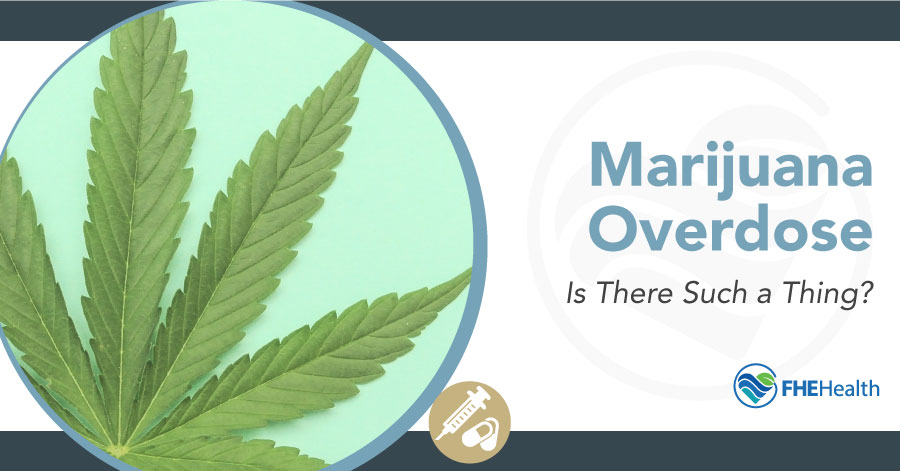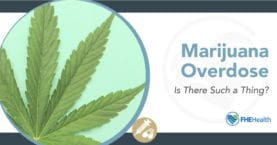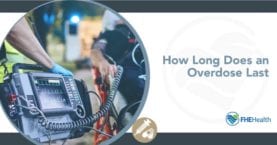
After smoking several joints with his friends and taking numerous hits off a water bong, Mike, a regular pot user, feels more stoned than he’s ever felt before. Until this moment, he never thought it was possible to “overdose” on marijuana— but now, he feels strangely gripped by a growing sense of anxiety and paranoia. His heart is racing and he’s starting to hyperventilate. He tries to slow his breathing down but can’t. He looks around at his friends having a good time and suddenly realizes he is going to die.
“Call 911!” Mike gasps. “I can’t breathe! I think I’m going to die!”
While Mike’s physical and mental reactions to smoking a large amount of pot will not likely cause death, he is definitely suffering from “marijuana toxicity,” a bad reaction to smoking too much marijuana. In addition, some pot growers spray pesticides and other chemicals on their plants to promote maturation. The fact that toxic pesticides are causing some of Mike’s cannabis overdose symptoms is a real possibility that needs emergency medical treatment.
Symptoms of Acute Marijuana Intoxication
Fatally overdosing on pot is unlikely. No documented reports exist of anyone dying from a pot overdose. However, if someone has an undiagnosed health issue like a heart condition, smoking pot could exacerbate that condition.
What Mike experienced were amplifications of pot’s psychoactive effects. Instead of feeling euphoric, relaxed, and slightly disoriented, Mike felt extremely anxious, paranoid, and agitated. His brain wasn’t receiving enough oxygen because he was hyperventilating, which contributed to his paranoia about dying. “Tachycardia” (or rapid heart beat) is usually provoked by panic attacks or electrical misfirings within heart muscles, due to a medical condition. Mike’s tachycardia surfaced when he started hyperventilating and could no longer control his racing thoughts about dying.
Other signs of cannabis overdose/bad reaction to pot include:
- Severe nausea that is not always accompanied by vomiting
- Chest pain/feeling of pressure on the chest
- Confusion/disorientation/inability to speak coherently
- Profuse sweating
- Spiking blood pressure
When Mike arrived at the ER, he was quickly evaluated by doctors, who gave him a sedative to calm his hyperactive nervous system and medication to reduce his blood pressure. Within an hour, Mike was no longer hyperventilating, experiencing tachycardia, or thinking he was going to die.









